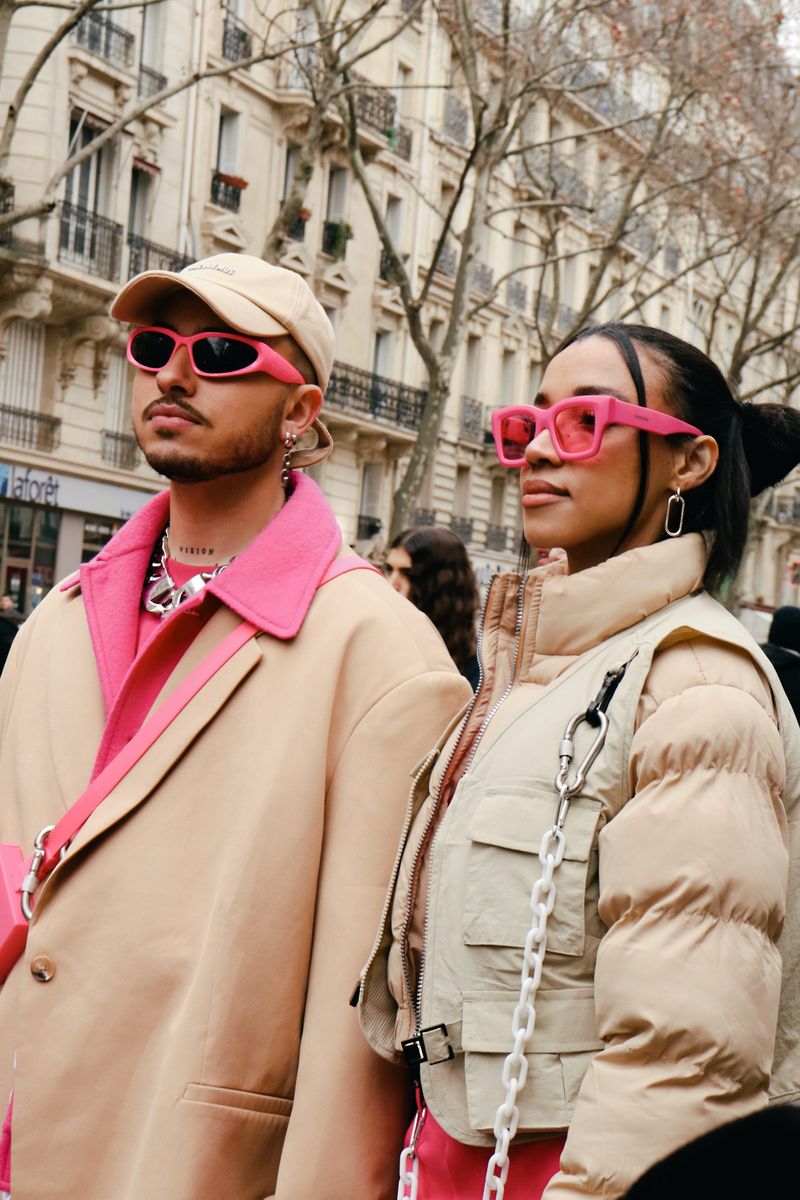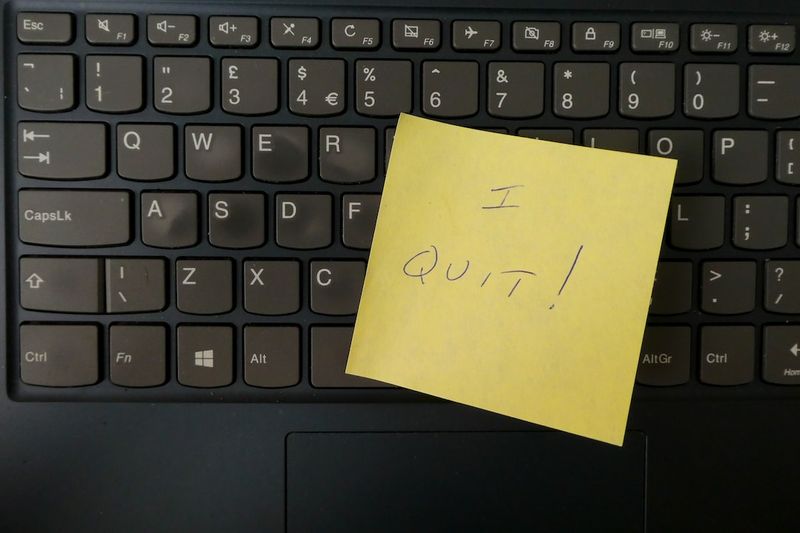Analysis: FIFA’s Armband Ban and Sam Kerr’s Decision
Introduction
FIFA’s decision to ban players from wearing the One Love armband, which represents gender identity and pride, at the 2023 Women’s World Cup has sparked controversy and raised questions about freedom of expression in football. Matildas star Sam Kerr, the captain of the Australian national women’s football team, has chosen not to protest the ruling, citing the risk it would pose to the team and the tournament. This article will analyze FIFA’s ruling, the reaction of players like Sam Kerr, and the philosophical implications of restricting on-field expressions.
The Controversial Ban
FIFA’s ban on the One Love armband, designed to support the LGBTQ+ community, is not surprising considering a similar ban was enforced during the Men’s World Cup in Qatar last year. Qatar’s policies and attitudes towards the LGBTQ+ community were the stated reasons for the ban. However, this decision has raised questions about FIFA’s commitment to inclusivity and human rights in the sport.
FIFA’s Approved Armbands
FIFA has unveiled a range of armbands approved for captains to wear during the Women’s World Cup, all of which incorporate the theme of ‘Football Unites the World’. These armbands are intended to represent various social issues, including peace, gender equity, education, Indigenous peoples, and violence against women. While FIFA’s intention to highlight these important causes is commendable, the exclusion of an approved armband representing the LGBTQ+ community has been criticized as hypocritical.
Prudent Decision by Sam Kerr
Matildas captain Sam Kerr has chosen not to protest FIFA’s ruling by wearing the banned armband, emphasizing the need to prioritize the team and the tournament. Kerr, who is in a relationship with United States midfielder Kristie Mewis, understands the potential consequences of defying the ruling, as demonstrated by England captain Harry Kane’s yellow card during the Men’s World Cup for wearing a similar armband. Kerr’s decision reflects not only her commitment to the team but also ensures that the focus remains on the game itself rather than potential controversies.
Freedom of Expression and the Limits
The ban on the One Love armband raises important questions about the limits of freedom of expression in football. FIFA’s decision to restrict players’ ability to express their beliefs and opinions on the global stage clashes with its claim that football unites the world and can shine a spotlight on important causes. Former Matildas striker and Professional Footballers Australia co-chief executive Kathryn Gill has accused FIFA of hypocrisy in limiting players’ freedom of expression while claiming to support inclusivity and human rights.
Importance of Allyship and Respect for Human Rights
Gill highlights the importance of players using their platform to express support for human rights and emphasizes that being a good ally requires standing up for those whose rights are undermined. The Matildas have been at the forefront of the pursuit of gender equality and LGBTQ+ inclusion in football, and their continued commitment to these causes should be supported and celebrated. FIFA should reconsider its decision and ensure that players have the freedom to express their support for important social issues without punitive measures.
Advice for the Matildas
While it is disappointing that the Matildas won’t be able to wear the One Love armband to support the LGBTQ+ community, the team can still make a difference through their actions and voices. The World Cup provides a platform for players like Sam Kerr to use their influence to bring attention to important causes. Whether it’s through their performances or media interviews, the Matildas can continue to advocate for gender equality, inclusivity, and human rights. They should take this opportunity to raise awareness and engage in meaningful discussions about the issues they care about.
Conclusion
FIFA’s ban on the One Love armband at the 2023 Women’s World Cup has sparked controversy and raised questions about freedom of expression in football. Matildas star Sam Kerr’s decision not to protest the ruling reflects her commitment to the team and the tournament. However, this ban highlights the need for FIFA to reevaluate its stance on players’ freedom of expression and ensure that the sport truly promotes inclusivity and supports important social causes. The Matildas can still make a difference through their actions and voices, using the World Cup as a platform to advocate for gender equality, LGBTQ+ inclusion, and human rights in football.

<< photo by Céline >>
The image is for illustrative purposes only and does not depict the actual situation.
You might want to read !
- Fuming England’s “Spirit” Hypocrisy Exposed in Shocking Videos
- Unmasking the Secrets: The Necessary Rulebook for MCC Fight Club Cricketers
- End of an Era: Kyle Richards and Mauricio Umansky Part Ways After 27 Years
- PwC scandal: Unveiling the Consequences of a Narrow Governance Mindset
- “PwC’s Expulsion of More Senior Partners Adds Fuel to the Government Tax Scandal Fire”
- PwC faces more high-level departures amidst government tax scandal: The fallout continues
- Titans left in shock as Bulldogs swipe No.7 star in sensational transfer coup
- Drone footage of young whale sparks speculation about mysterious migrations
- Blues Boss Blasts Best Selection and Hynes Snub, Deeming it ‘Rude’




